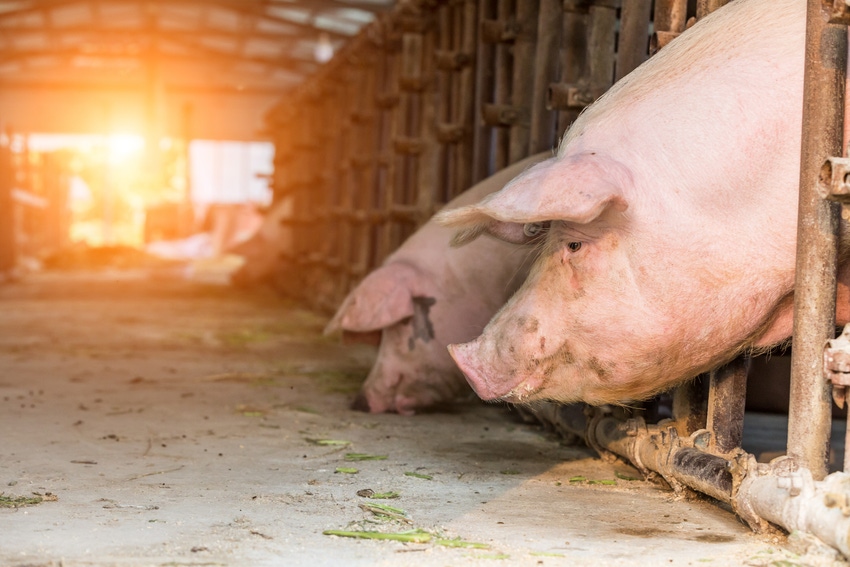Conference will involve specialists from industry, research, academia and regional and international partners.
January 22, 2020

The U.N. Food & Agriculture Organization (FAO) announced that it will hold an international conference on African swine fever (ASF) April 28-29 in Rome, Italy.
FAO said the objectives of the African Swine Fever Pandemic: A Global Challenge to Food Security, Wildlife Management & Conservation conference will be to:
Issue a political declaration on the ASF pandemic threat from governments, industry, academia and stakeholders;
Review existing and recently developed tools, mechanisms and practices to address ASF;
Discuss the progressive improvement pathway for biosecurity in pig production to ensure sustained production and trade, and
Release a global call for action.
In issuing the "call to action" for the conference, FAO called ASF "an unprecedented animal health crisis" and noted that the current situation presents "a global risk of a significant impact on animal health and welfare, national and international economies, rural development, social and political behavior, national food security and national and international markets."
FAO said the pandemic spread of ASF appears to be inevitable, and the disease is "likely to expand via domestic and wild pigs across most continents for years to come."
The conference will involve specialists from industry, research, academia and regional and international partners, FAO said.
ASF outbreaks result in massive losses of swine and pork products, making it economically devastating in countries with developed commercial pig farming, FAO said, noting, however, that countries with extensive pig production also suffer from epidemics. FAO said around 43% of pigs are kept in extensive production systems with inadequate biosecurity practices.
FAO said the capacity of the ASF virus to circulate in populations of wild boars and via ticks is extremely challenging. The virus is resistant and remains infectious for months in pork products and for more than 1,000 days in frozen pork.
According to FAO, almost half of the pig-producing countries in Africa reported outbreaks of ASF in 2012. In 2007, the ASF virus genotype II was discovered in the Republic of Georgia and spread to 17 countries across Europe. In August 2018, ASF emerged in China and subsequently spread to Mongolia, Vietnam, Democratic People’s Republic of Korea, Cambodia, Laos, Myanmar, Republic of Korea, Timor Leste and Indonesia.
You May Also Like

.png?width=300&auto=webp&quality=80&disable=upscale)

